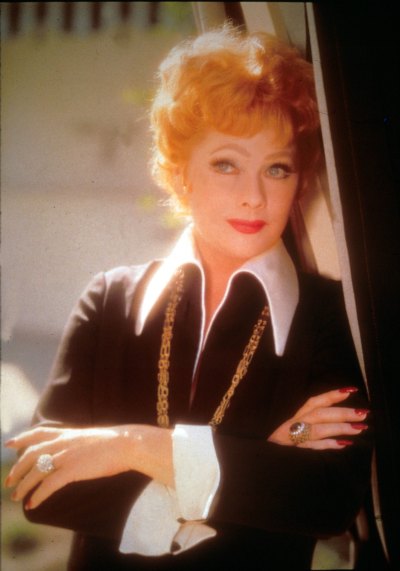Lucille Ball: Beyond I Love Lucy
Let's talk about Lucille Ball for a moment, not just the iconic Lucy Ricardo, but the real Lucille Ball. Most of us know her as the queen of comedy from I Love Lucy, but there's so much more to her story. She was a powerhouse in Hollywood, starring in films, gracing the stage, and even hosting her own radio talk show in 1964. That's right—radio! The show was called Let’s Talk to Lucy, and it was a platform where she chatted with a mix of famous and not-so-famous guests. This was a different side of Lucille, one that allowed her to connect with her audience in a more personal way.
The State of Radio in the '60s
Now, you might think that by the early '60s, radio was a thing of the past, especially with the rise of television. But according to pop culture historian Geoffrey Mark, who has written extensively about Lucille Ball, that wasn't exactly the case. "CBS still had a strong radio network back then," he explains. "A lot of people didn’t have access to television, so radio was still king for many households. It wasn’t just about music; there were talk shows, comedy shows, and more. While the golden age of radio was fading, it wasn’t completely gone. CBS had a lineup of stars hosting shows, including Arthur Godfrey and Garry Moore, and Lucille Ball fit right into that lineup."

Her guest list was a who’s who of the entertainment world. Danny Kaye, Dean Martin, Carol Burnett, Bob Hope, Gale Gordon, Dinah Shore, Mary Tyler Moore, Andy Griffith, Frank Sinatra, Eve Arden, Dick Van Dyke, her son Desi Arnaz Jr., frequent co-star Vivian Vance, and many others joined her for these lively conversations. It was a chance for her to showcase her range as a personality beyond the comedic genius we all know and love.
Read also:Exploring Allmovieshub 300mb Your Ultimate Guide
Lucille Ball as an Interviewer
When you think of Lucille Ball, you probably picture her in a zany situation, making people laugh. But as a host, she brought a different energy to the table. Geoffrey Mark notes, "She wasn’t just winging it; she was prepared. She wanted to make these interviews personal. If she knew a guest had kids, she’d ask about them. She’d connect with them on a human level, not just as celebrities. She was smart—maybe not formally educated, but intelligent and curious. Her voice on the radio sounded softer, more feminine, almost like a different side of her. But let’s be honest, the format didn’t allow for deep dives. It was more about quick plugs and moving on, much like the early days of Johnny Carson’s The Tonight Show."



